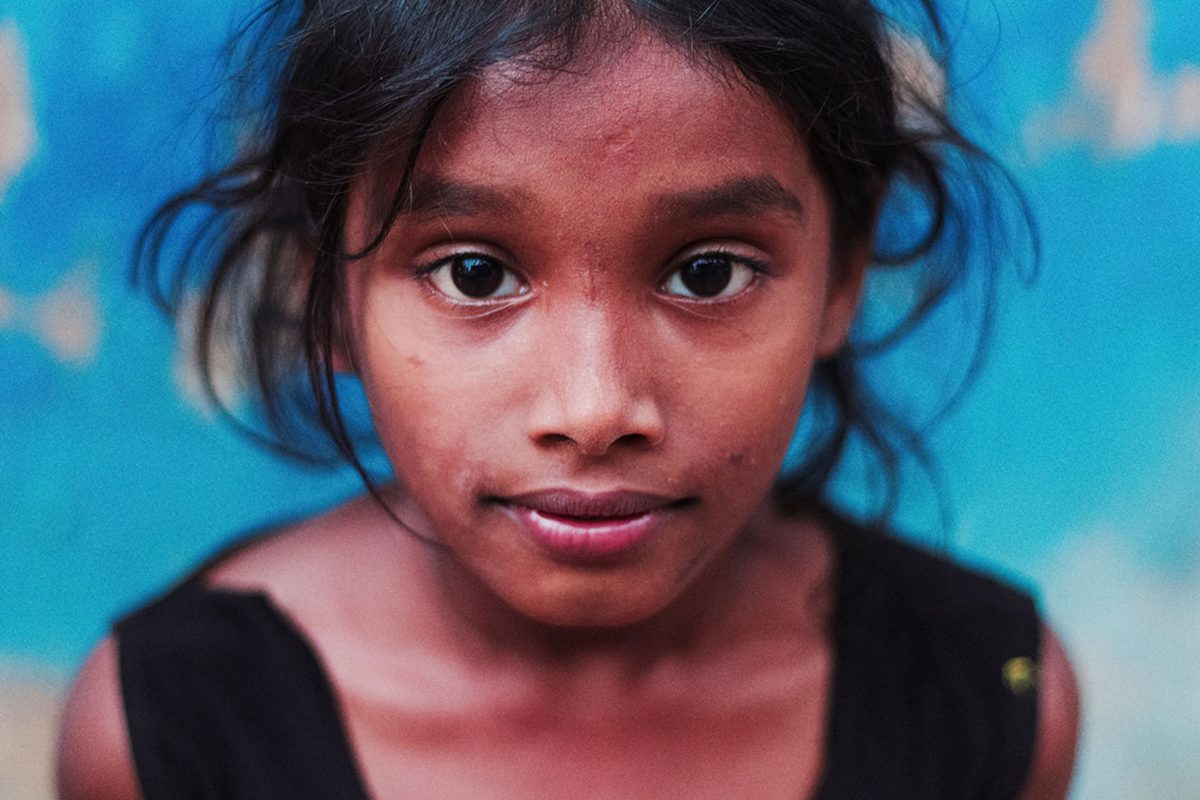Table of Contents
Behavioral economist Sendhil Mullainathan and psychologist Eldar Shafir worked on the book Scarcity, which examines how a shortage of stuff we need affects our decision-making abilities, together. Their basic premise was that lacking things impacts the way in which we make decisions, whether we lack food, time, social interaction, or other basics humans don't do well without.
The pair administered the Raven’s Progressive Matrices tests — essentially an IQ test that doesn't require either knowledge or experience — to people in New Jersey. Before they started the tests, they seperated people into rich and poor, based on the income they reported.

They then asked participants to consider a scenario presented to them just before taking the test: "Imagine you’ve got car trouble and repairs cost $300. Your auto insurance will cover half the cost. You need to decide whether to go ahead and get the car fixed,or take a chance and hope that it lasts for a while longer. How would you make this decision? Financially, would it be easy or hard?"
The outcome? Well, there were no statistically significant differences in performance between the rich and poor groups. But then, the research team repeated the tests, asking partipants to consider the exact same circumstances again, except this time, the repairs cost $3,000.
What does this mean? Well, it appears to mean that financial stress causes underperformance that a lack of financial stress doesn't, even if the financial stress is only hypothetical. This research strongly suggests that the fairly prevalent idea that poverty is the fault of poor people is wrong — being placed under significant financial stress affects someone's ability to perform well in a very real way, and who can think about how to make upward mobility (or "pulling yourself up by the bootstraps") happen when actual life stresses mess with their brain?
Why Bother When It's Hopeless?
None of these studies explain why so many poor people make "bad decisions" — or do they? Shafir, from the study above, says: "When you're struggling, poor ... a lot of the day is not so much fun. And people fail to appreciate the fact that when I buy myself a big ice cream, or a small gift" — something he says many people criticize the poor for doing — "I'm giving myself a nice minute after a complicated week, which is a good thing to do."
To see how this works, we may have to leave the academic world behind and look at the real world. Why do poor people make "bad decisions", decisions that more well-off folks believe keep them in poverty? Why don't poor people "just" make use of the free opportunities out there, avoid expensive and detrimental habits like fast food and smoking, and save money where they can?
READ How To Access Medical Care In The USA If You're Poor
Poor people all over the world face different challenges, challenges that affect their health and their brain. What would happen if we would collectively take these challenges and their consequences as seriously as we've taken HIV, ebola, and even obesity?
- Photo courtesy of psd via Flickr: www.flickr.com/photos/psd/32399214www.flickr.com/photos/psd/32399214
- Photo courtesy of Nithi clicks via Flickr: www.flickr.com/photos/nithiclicks/16757158727


Your thoughts on this